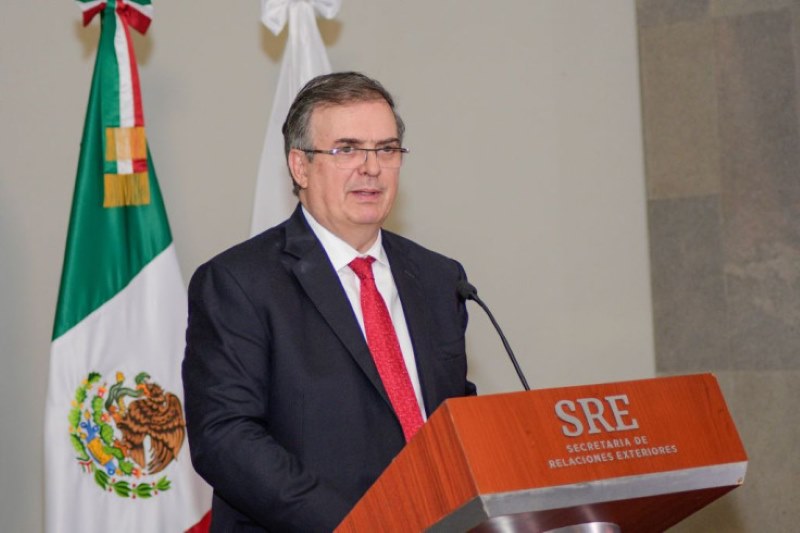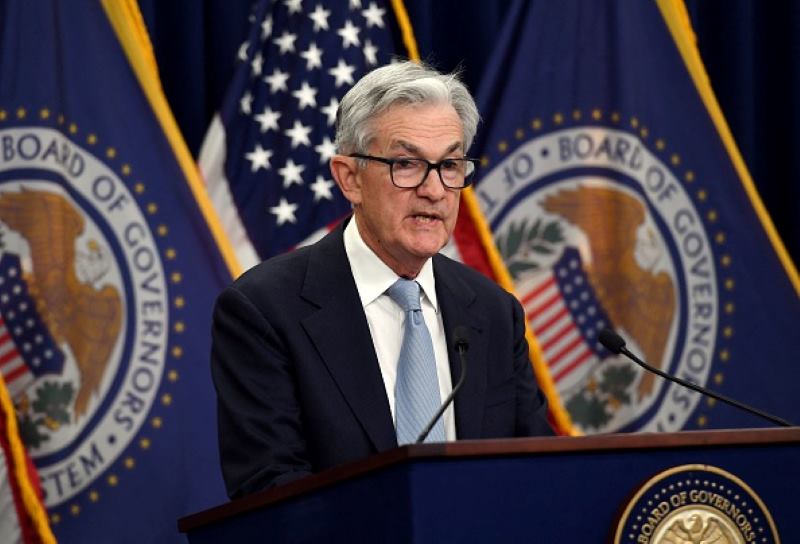Economy
Powell comments on the economic impact and inflation expectations
Federal Reserve Chairman Jerome Powell stated that the U.S. economic impact and inflation will face a period of higher prices and more moderate growth due to the recent tariff increases implemented by President Trump. Powell emphasized that these increases will be more aggressive than expected, which will have repercussions on inflation and economic growth rates.
A Cautious Approach by the Federal Reserve
In his Friday speech, Powell noted that the central bank will continue its “wait-and-see” strategy, which involves assessing how the economy absorbs the impact of the tariffs. The goal is to prevent the price hikes from translating into long-term persistent inflation.
Economic Impact of the New Tariffs
Powell acknowledged that risks to economic growth have intensified due to the tariffs and stated that the impact will be greater than anticipated, both on prices and economic expansion. He also mentioned that it is still too early to determine how interest rate policy will be adjusted to counteract the effects of the slowdown in international trade.
Trump Calls for Interest Rate Cuts
Shortly after Powell’s statements, President Trump expressed his desire for the Federal Reserve to cut interest rates. Through his social media, Trump pointed out that the Fed “always acts too late” but now might have the opportunity to quickly change its image.

Mexico Continues Negotiations With the U.S. on Steel and Automobile Tariffs
Mexico continues negotiations with the U.S. with the United States regarding tariffs imposed on steel and automobiles…
Concerns Over Inflation Expectations
Fed officials are closely monitoring long-term inflation expectations from both consumers and businesses. These expectations could become a key factor in the evolution of inflation. The institution is focused on preventing a temporary price increase from becoming a sustained inflation problem.
Projection of an Inflation Increase
Economists predict that inflation could rise by at least one percentage point this year due to the full impact of the tariff package announced by Trump. In February, inflation had already dropped to 2.5%, but the new measures could trigger a rebound.
The Fed Will React if Economic Weakness Materializes
Powell made it clear that the Federal Reserve might have less room to avoid potential economic weakness caused by the tariffs. Instead of acting preemptively, the central bank may adopt a reactive approach to economic weakness, especially if effects such as rising unemployment and slower consumption materialize.
Lessons from the Past and Current Approach
The contrast with last year’s policy is striking, when the Fed cut rates by one percentage point between September and December to prevent an economic slowdown. At that time, the Federal Reserve had more room to maneuver, but the current situation may be different, with higher inflation and greater economic uncertainty.


